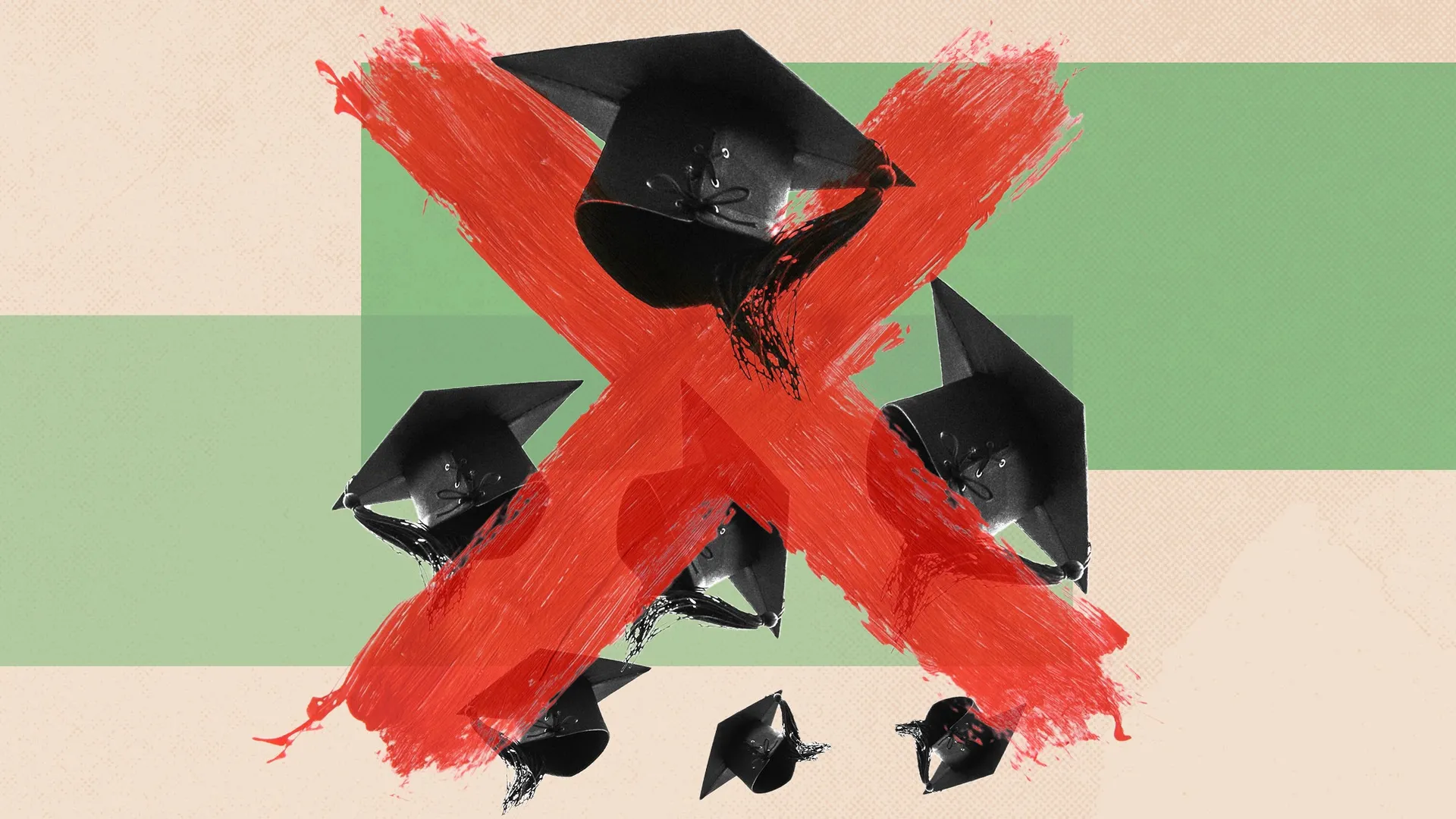
Welcoming a class of summer interns is a tradition in corporate America. But this summer, companies are bringing in fewer students, if any.
Goldman Sachs hired 200 fewer summer analysts this year than in 2023. JPMorgan reduced the size of its own class of summer analysts by 600, more than ten per cent of the total. Tesla rescinded its internship offers just weeks before students were due to start.
As US employers attempt to cut costs and increase efficiency, in anticipation of an economic slowdown, internships have been axed. Many companies have reduced hiring for white-collar jobs after recruiting too many new graduates in recent years, meaning there would not be enough jobs for more interns to move into.
US jobs site ZipRecruiter said postings for internships on its website fell 14 per cent between this summer and last. Listings for internships on Indeed dropped too, said Nick Bunker, an economist at the jobs site in North America.
“I think that’s broadly a reflection of the sectors that tend to hire for interns [having] seen a pronounced pullback in job postings, especially for those traditional, white-collar corporate positions,” Bunker said, adding that advertisements fell the most in finance and consulting.
Companies have opened their offices up to college students eager to gain hands-on experience and valuable contacts since the 1960s. Over the decades, internships have evolved from cheap labour for coffee runs and administrative work to elaborate training programmes that resemble apprenticeships.
The most competitive programmes at Wall Street banks, Big Four consulting firms, and tech groups have included on-campus recruiters, housing allowances and extravagant entertainment events billed as team-building exercises. That has made them prime targets for cost cutting, according to Matthew Hora, an associate professor at the University of Wisconsin-Madison who studies internships.
“Internships are always one of the first things to go,” Hora said. “If I was a CEO and I was looking at things to cut, this would definitely be one of the first.”
Sean McGowan, director of employer relations at Carnegie Mellon University, said companies had this year taken months longer than normal to commit to attending his college’s hiring fairs for summer internships. Those that did come relied more heavily on virtual interviews, instead of flying out recruiters to meet students.
A person familiar with Wall Street’s hiring procedures said the number of interns hired each summer tended to fluctuate alongside business needs. Goldman Sachs and JPMorgan declined to comment on their summer analyst classes. Tesla did not respond to a request for comment.
The pullback has made the application season especially cut-throat for students. Recruiters saw sharp rises in the number of applications for each role as postings dried up. Goldman Sachs received 315,000 applications for fewer than 3,000 roles. JPMorgan received 493,000 applications, an 82 per cent increase from last summer, the chief executive of the bank’s asset and wealth management unit, Mary Callahan Erdoes, said in May.
“How hard it was caught everybody a little off guard,” said Lesley Mitler, a career coach who specialises in college students. “The application process for internships has become just as competitive as for full-time roles.”
Pressure on students to land internships has intensified in recent years as university leaders are increasingly asked to demonstrate that degrees provide enough career opportunities to justify rising tuition costs, Hora said. Students are also turning to internships to bulk up their résumés as overall hiring has slowed, he added.
One of Mitler’s clients submitted 70 internship applications, and only received one interview and one offer.
Not all firms have put their internship programmes on the chopping block. Kaseya, a Miami-based software supplier, doubled the size of its internship class to 24 this year. Applications also doubled, keeping the process extremely competitive, said Kaseya’s head of global recruitment Eric Lund.
“For the first time in a few years, you actually have to work to get a job out of college,” Lund said, “and I think a lot of that is coming to a head for the interns.”
The shift will probably leave more and more students competing for fewer roles, Hora said. But a growing number of employers tell him that they no longer have the resources to run the programmes.
“They say, ‘we just need all of our staff. We can’t have them mentoring some college students.’”